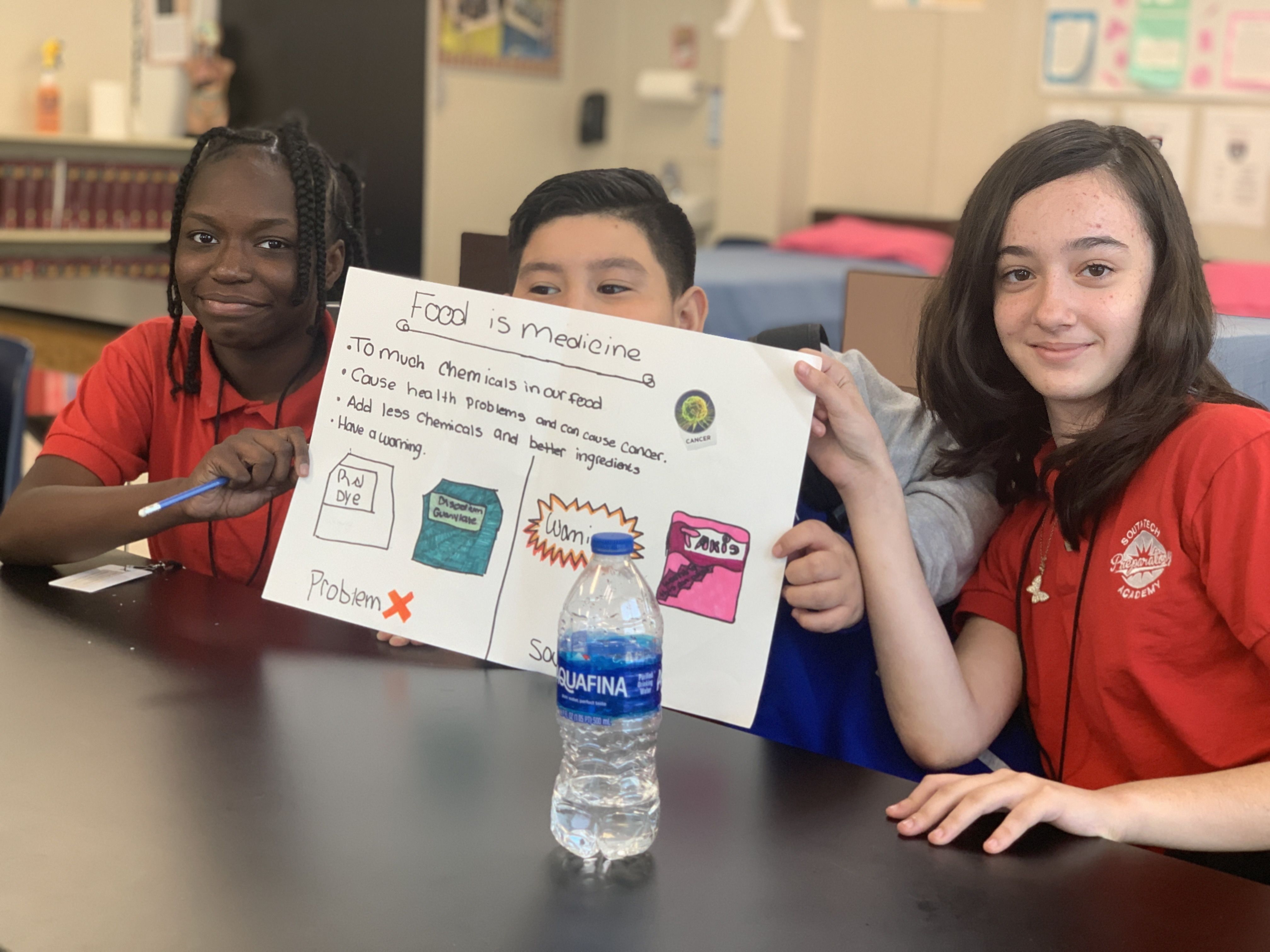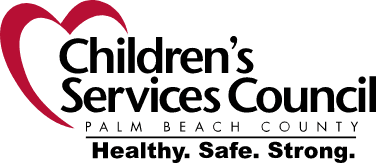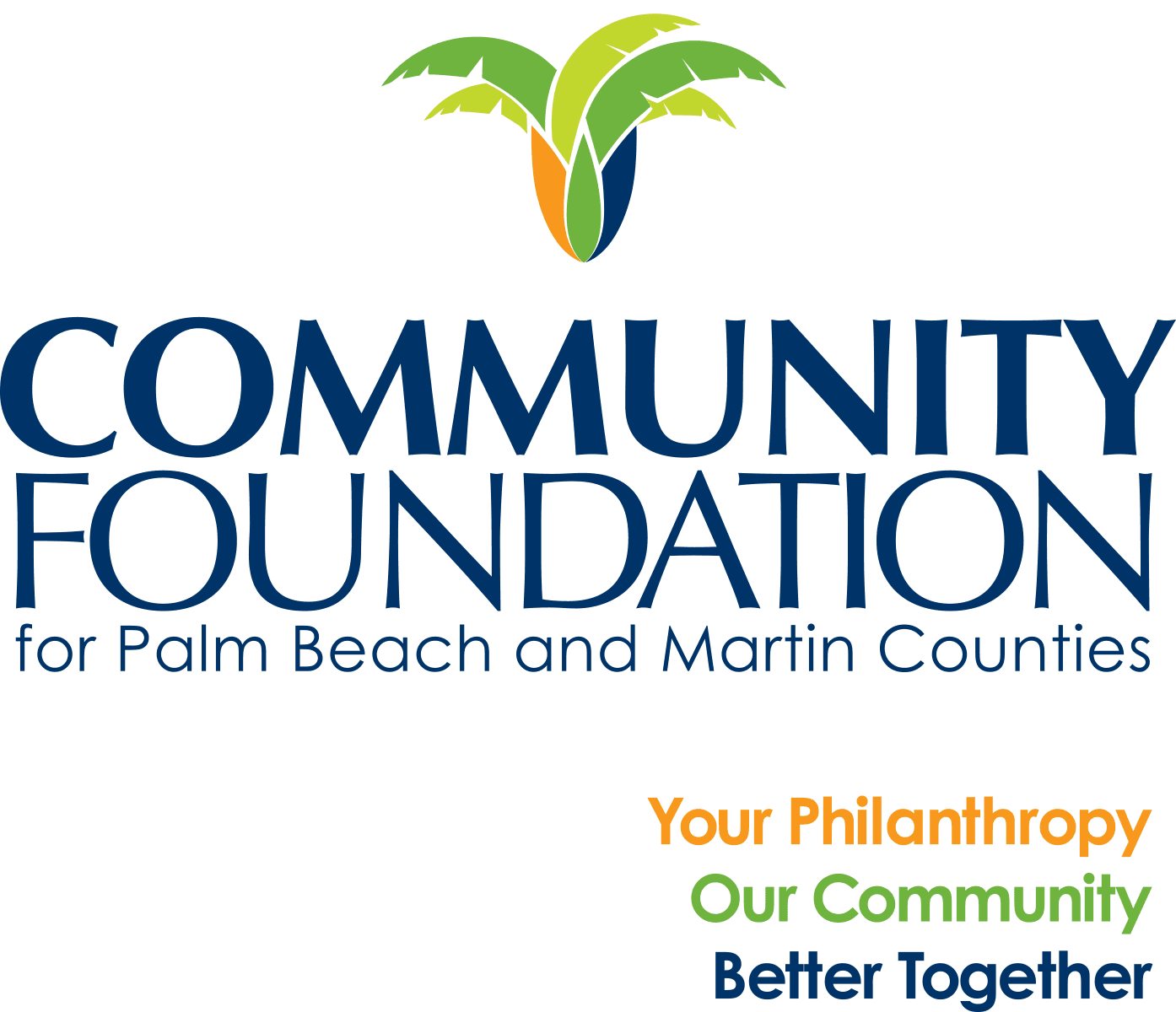
On National Civics Day, October 27th, we celebrated the importance of civic education with 56 sixth graders enrolled in the medical academy at SouthTech Preparatory Academy.
Over several weeks, we broke down the complicated and complex reality of the industrial food system with our young partners for a healthy future. Together we created public service announcements to warn consumers about the dangers of ultra-processed food and urge shift in policy to use food as a tool for long, healthy lives.
This civics in action learning project is part of WiseTribe’s partnership with SouthTech Preparatory Academy to build a Food Citizenship Institute within their school.
Food Citizenship is practicing food-related behaviors that support, rather than threaten, the development of a democratic, socially & economically just, and environmentally sustainable food system. A food citizen understands the wide-reaching impact of his or her decisions about what and where to eat—and is inclined to vote accordingly.
We explored how so many of the problems we’re facing today – hunger, poor health, injustice, greed, and overuse of resources – are linked to food.
More than 40% of the US population is suffering from chronic diseases because of unbalanced diets low in essential nutrients. Among adults, six in ten adults in the US have a chronic disease and four in ten have two or more diseases. Over 80% of US healthcare costs are spent on treating chronic diseases, which could be prevented through food and lifestyle changes.
As we evaluated our country’s public health, these young medical students learned about the role the industrial food system has played in eroding public health, degrading our ecosystems, and taking advantage of the poor and marginalized.
These young medical students learned that people are now dying from eating too much food than not getting enough food. Food marketing and advertising practices can be both misleading and aggressive, resulting in people making poor health choices. When people are heavily exposed to and encouraged to eat ultra-processed food as part of their daily lives, access to and affordability of fresh food is not the only solution. Adopting healthy behaviors when one’s food environment is predominately unhealthy can be extremely challenging.
The food system is a complex web of activities involving production, processing, transport, and consumption. Issues concerning the food system include the governance and economics of food production, its sustainability, the degree to which we waste food, how food production affects the natural environment, and the impact of food on individual and population health.
Our food system must be fundamentally re-designed with human and planetary health in mind. As consumers and citizens of the world, people can take action locally to help build healthy, equitable, and sustainable food systems by learning and using new food skills.
By increasing our knowledge of harmful food production practices and engaging in healthy food-related behaviors, we can begin to restore balance and health to a broken food system. A food “consumer” label suggests minimal (or no) involvement in how one’s food is produced and processed. In contrast, a “citizen” is informed, deliberate, and active. “Consumer” implies a passive identity, which undermines the value and function of the individual.
As students, educators, and parents learn about Food Citizenship, they will have the opportunity to purchase affordable produce at the school thanks to our partnership with United Farmers Alliance.
Food is essential. It is universal. It involves feeding, cooking, and sharing. These factors make it a natural vehicle for progress and positive change.
We look forward to working collectively to make progress in strengthening our health through food citizenship.









